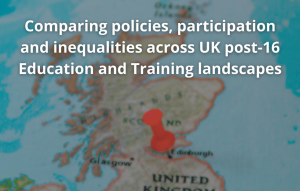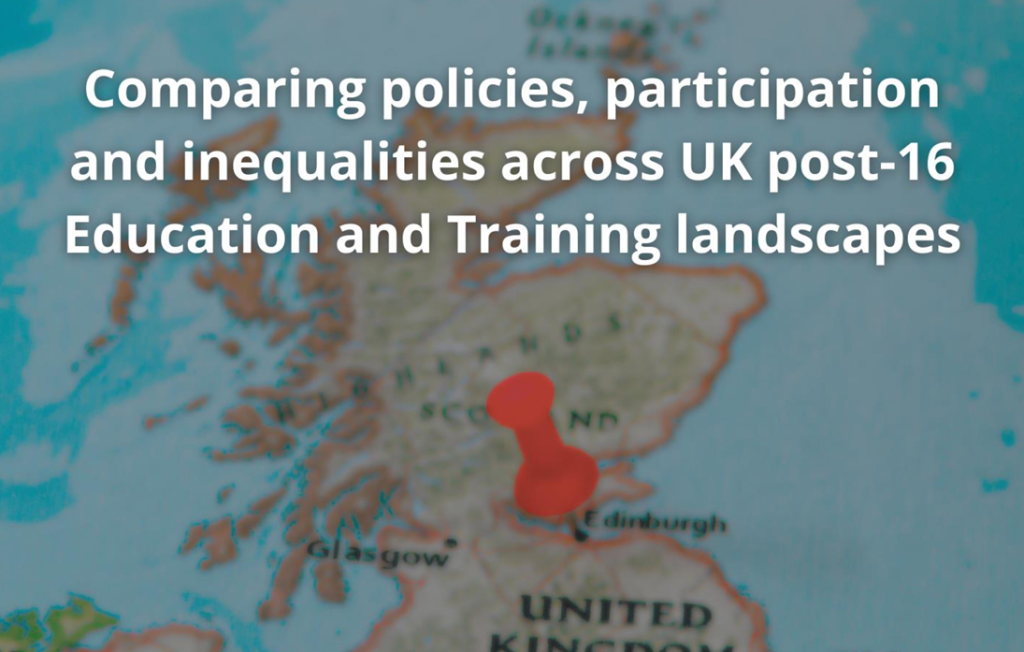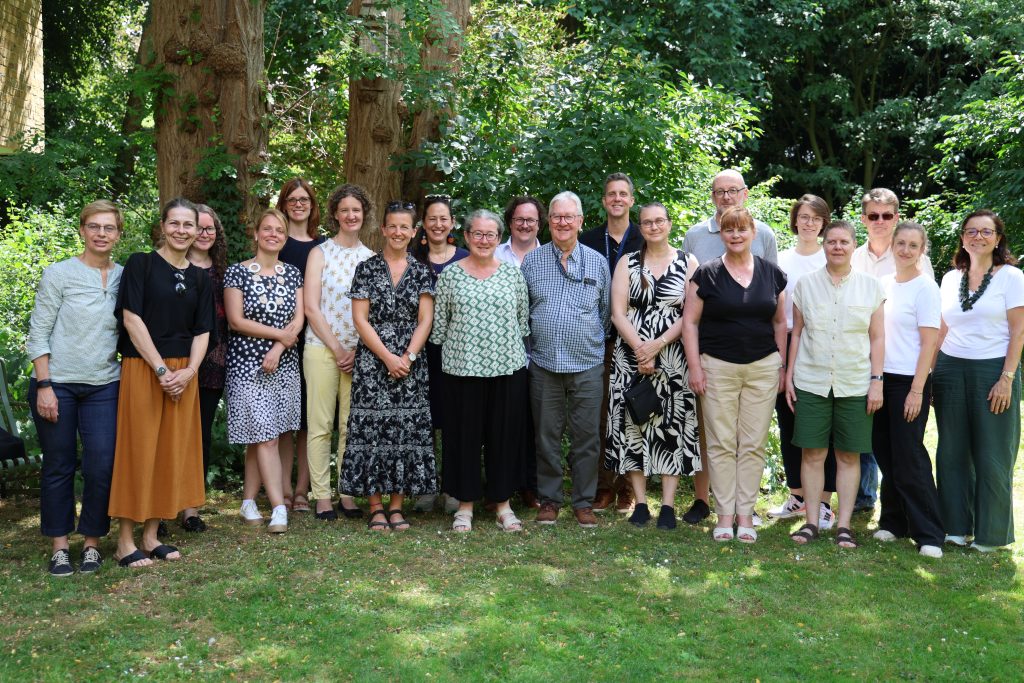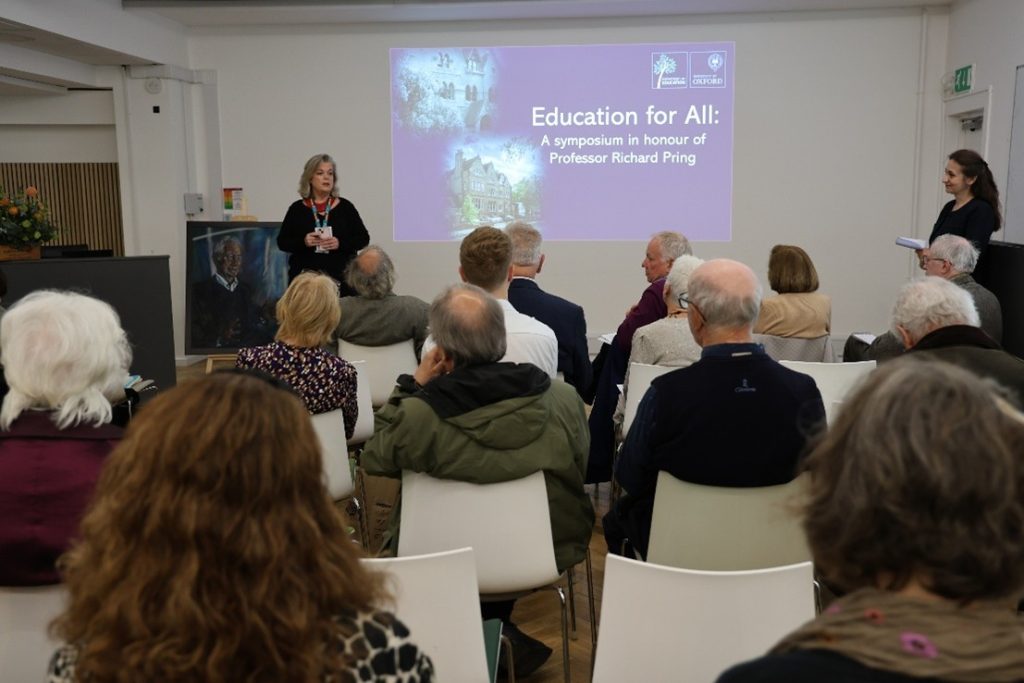A new report by the Education Policy Institute (EPI) and the Oxford University Centre for Skills, Knowledge and Organisational Performance (SKOPE) at the Department of Education has revealed major differences in the provision of post-16 education and training across the UK nations and exposed stark inequalities in outcomes for young learners.
The report, funded by the Nuffield Foundations, identifies a significant and growing divergence of education and training policy across the four nations. Wales has the highest share of pupils (11%) ‘Not in Education, Employment or Training’, and Welsh school leavers with working class backgrounds are the least likely to hold A-level equivalent qualifications or be in employment. Fewer apprenticeships are taken by young people in England and Wales (20%) than in Scotland (37%) and Northern Ireland (52%).
Higher Education participation among students from lower socio-economic backgrounds is highest in England, with 20% of 18-year-olds in the most deprived areas attending. Across all four nations, female school leavers are more likely to progress to Higher Education.
Dr James Robson, Director of the Oxford University Centre for Skills, Knowledge and Organisational Performance (SKOPE), said: “This interim report highlights the important ways in which education and training policy approaches are converging and diverging across the four nations and how these shifting policy logics shape learner experiences and outcomes. It shows excessive levels of policy churn across all the UK nations which has had a damaging impact on the stability of the education and training sector.
“Our analysis highlights a need for more cross-party policy work that unpacks the challenges of different approaches to coordinating education and training, both market and systems-based thinking, and deals proactively with growing inequalities in the UK.”
Based on the report’s findings, the researchers make a set of recommendations for policymakers, including more active and urgent action in Wales, a greater policy focus on inequalities, a new stable policy settlement, and more comparative data across the four nations.











